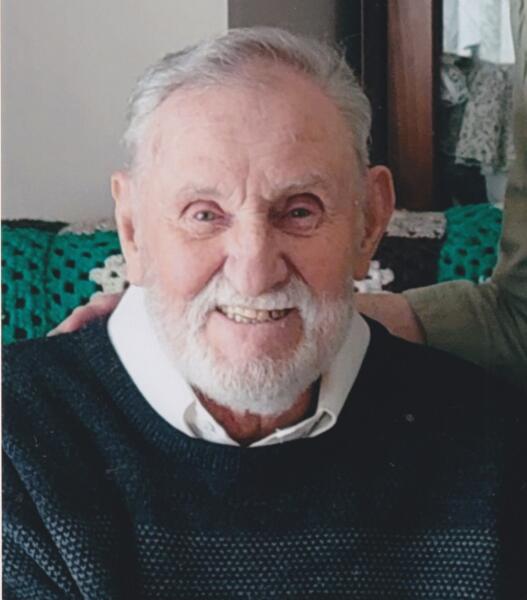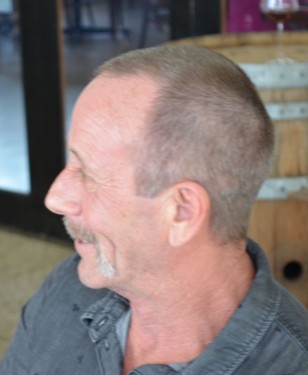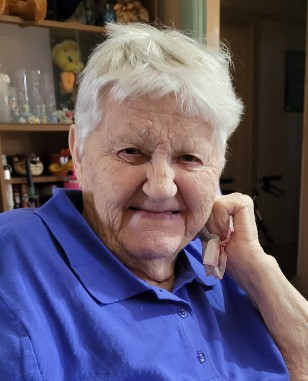When Someone Dies - Quinn Funerals Colac
Quinn Funerals Colac have prepared some information to assist you in the steps to take when someone dies, from the first 24 hours to the funeral services and funeral arrangements.
The first 24 hours
When someone dies the first thing people usually do is to call an ambulance in case there is a chance of resuscitation. If the paramedics are the first professional people on the scene they can confirm death. If death is certain it is best to call the person’s doctor or hospital authorities and they will explain the steps to take before a death certificate can be completed. Funeral arrangements cannot be completed until the death certificate has been signed.
When someone dies in a public hospital, hospital administration will complete most of the formalities regarding death certificates. It is at this point that the family will need to contact Quinn Funerals.
If the person has died at an aged care facility or private hospital where there are no mortuary facilities the hospital administrators may contact us to arrange a prompt transfer to Quinn Funerals or you may have to specify your preferred funeral director.
The death certificate and registering the death
The death certificate is the official registration of death. It is signed by the doctor who pronounces the death and must be lodged with the relevant Registrar of Births, Deaths and Marriages in the state or territory where the death occurred. Quinn Funerals will register the death with the relevant Registrar and ask for a certified copy of the Death Certificate to be sent to you. This is legal proof of the death and may be requested by a range of organisations including banks and solicitors. Death certificates normally take two or three weeks to complete but in exceptional circumstances, if an autopsy or coronial inquiry is conducted, it may take eight weeks to several months.
Coroner
Quinn Funerals will liaise with the coroner on your behalf as part of our role as your Funeral Director. Where a doctor is unable to determine the cause of death, police will notify the coroner. The coroner will seek to determine the cause of death by contacting the deceased’s person’s regular doctor or request a pathologist inspect the body and carry out an autopsy.
The coroner usually becomes involved in the following circumstances:
- If the deceased has not seen a doctor in the past three months
- When an unexpected death happens in hospital
- The death is due to suicide, homicide, poisoning or drug overdose
- Death is caused by fire, accident or at the person’s place of work
- The deceased lives in a government institution
- Death occurs in a public place
- In the case of SIDS (cot death) or any other unexpected death that cannot be explained without a post mortem examination.
For more information about the funeral process at Quinn Funerals, please contact us via email or phone us on (03) 5231 2052.
Upcoming funerals.
All upcoming funeralsHonouring lives with dignity and respect.
Past NoticesLeave a tribute.

Upcoming Services
In the moments preceding a loved one's farewell, each tribute shared becomes a meaningful remembrance. At Quinn Funerals, we value these heartfelt gestures, recognising their importance in honoring a life well-lived. Encouraging friends and family to contribute personal words, memories, and stories offers solace and support during this tender time. Whether through anecdotes, memories, or shared laughter, each tribute enriches the farewell, embracing the warmth of love and shared experiences.
Upcoming Funerals
Past Notices
Reflection on cherished memories extends beyond the immediate moment of loss; it is a timeless practice offering comfort and solace. Quinn Funerals acknowledges the enduring value of tributes for past funeral notices, serving as lasting monuments of love and remembrance. Encouraging the sharing of personal stories and sentiments fosters a sense of connection, ensuring the legacy of loved ones lives on in hearts and minds. In honoring the past and preserving memories, we invite you to leave a tribute for past funeral notices, embracing remembrance to heal and uplift.
Past Notices



